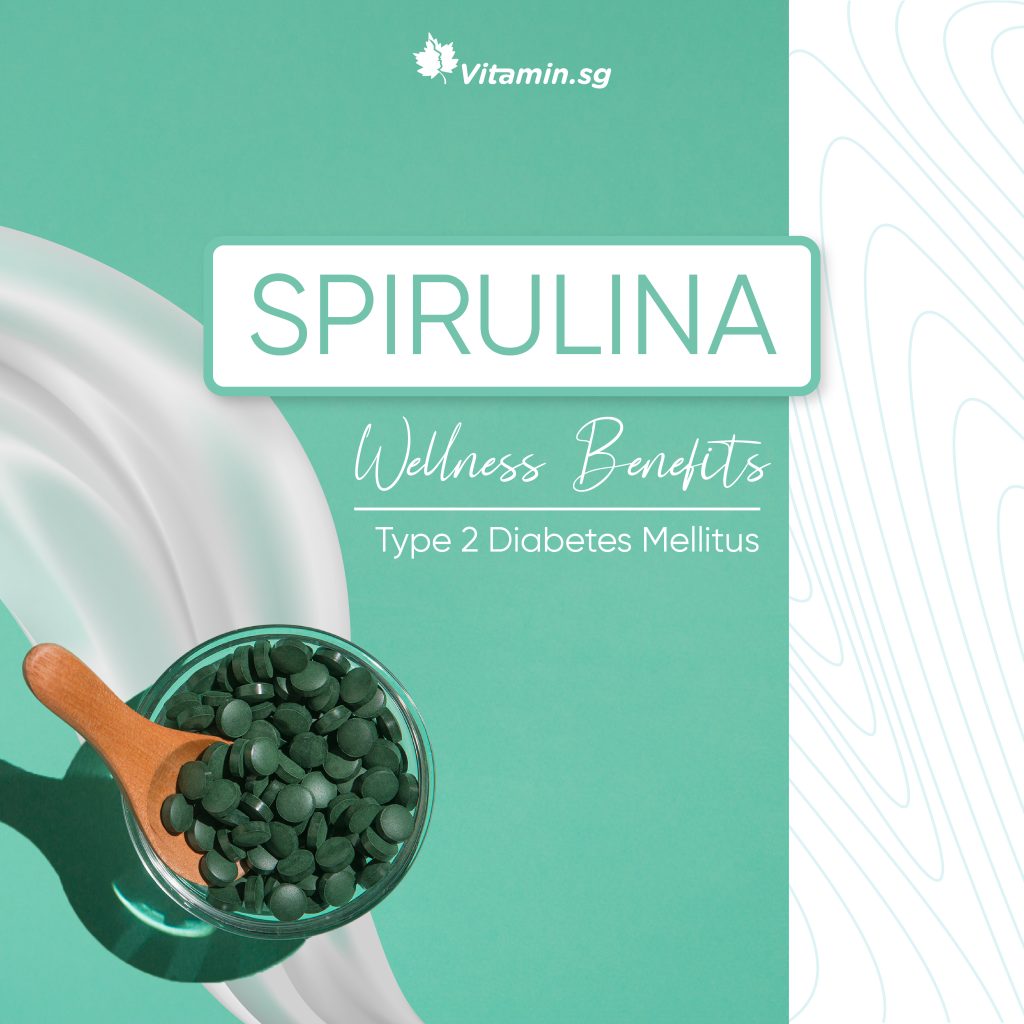Home / Health Blog / What is BMI?
BMI stands for Body Mass Index. It is used a measure of body fat in adults and help assess whether you are at risk for weight-related health problems. A healthy BMI for adults is between 18.5 and 22.9.
You measure your BMI as shown:
BMI values DO NOT APPLY TO children, pregnant women, people with muscular build (little body fat) eg athletes, elderly and those who have lost a lot of muscle mass.
Recent studies have shown that some Asian population, including Singaporeans have higher proportion of body fat compared to Caucasians of the same age, gender and BMI. The risk for heart disease and diabetes starts from BMI values of 23. The table below shows your risk:
| If your BMI is between 23.0 and 27.4 kg/m², | you are at moderate risk of developing these chronic diseases
|
| If your BMI is 27.5 kg/m² and above, | you are at high risk of developing these chronic diseases.
|
| If your BMI is less than 18.5 kg/m², | you are at risk of developing problems such as
|
Eat a well balanced diet, including high-energy and nutrient-rich food, and exercise regularly
Eat a well balanced diet, low in fat, and engage in regular physical activity to lose weight gradually.
You gain weight and increase your BMI if you consistently consume more calories than you use up through physical activity.
Look for the Healthier Choice Symbol when you are shopping for food items as these products lower in fat, saturated fat and sodium.
Start with moderate-intensity physical activity (eg.brisk walking, leisurely cycling, taking stairs rather than elevator) for 30 minutes a day, at least 5 days a week or more.
The 30 minutes of physical activity can be broken up into 10minute bouts throughout the day.
As your fitness level improves, do vigorous physical activity (eg. jogging, soccer, basketball, scrubbing floors at home) for 20 minutes a day at least 3 times a week.
Above information taken from: www.hpb.gov.sg


